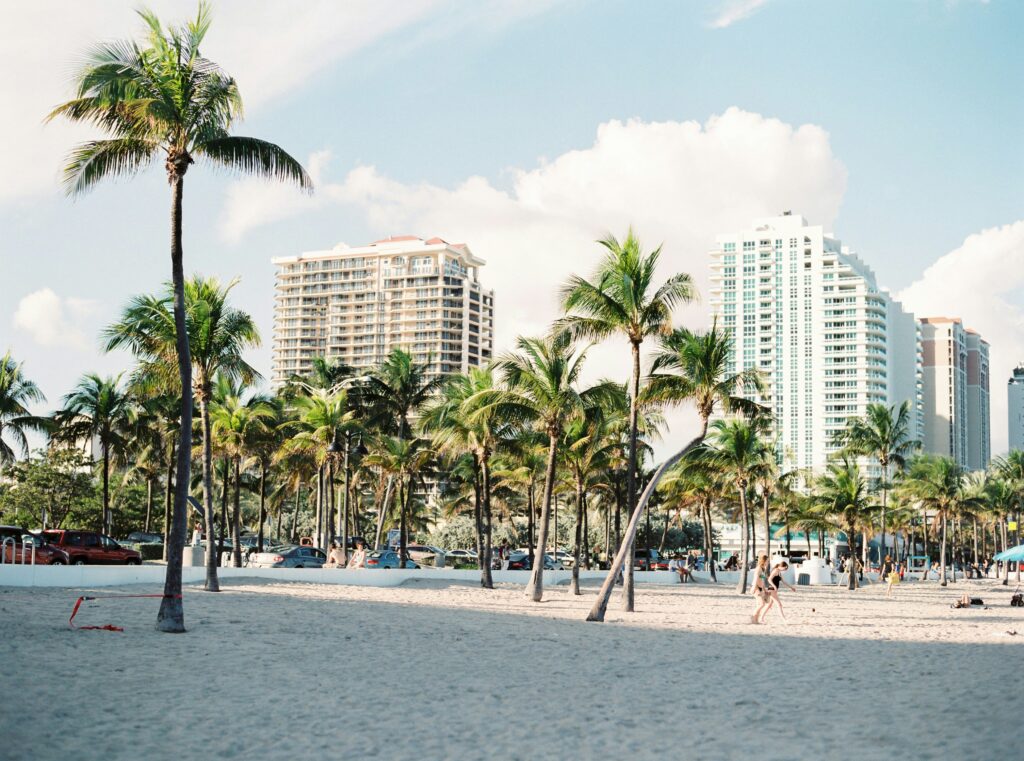The Florida opioid crisis reflects the broader national struggle against opioid addiction that spread across the United States in the late 1990s and continues unabated. Read on to learn more about this ongoing issue and discover what’s being done to combat opioid abuse in the Sunshine State.
Why Is There an Opioid Crisis in Florida?
The opioid crisis in Florida, like elsewhere in the U.S., stems from a nuanced interplay of variables. Some of the main contributors include:
- Over-prescription: For many years, healthcare providers in Florida over-prescribed opioid painkillers. This was partly due to aggressive marketing by pharmaceutical companies and partly due to inadequate regulation. This led to an increased availability of prescription opioids for potential misuse.
- Pain management clinics: Florida witnessed a spike in the number of pain management clinics – informally known as pill mills – which dispensed large quantities of opioids with little oversight. These clinics became a significant source of prescription opioids for both legitimate use and diversion to the illicit market.
- Fentanyl and synthetic opioids: The introduction of fentanyl and other potent synthetic opioids into the drug market from 2013 dramatically inflamed the crisis, triggering a sharp increase in overdose deaths.
- Social and economic factors: Unemployment, economic distress, and social issues have all played roles in the ongoing opioid crisis in Florida. People facing such challenges may use opioids to self-medicate or as a form of escapism.
- Inadequate access to treatment: For many affected by opioid addiction, there has been insufficient access to effective treatment and recovery services. Barriers to treatment include lack of insurance coverage, long waiting lists, and a shortage of addiction treatment providers.
- Regulatory gaps: Florida lacked robust systems for monitoring prescription drug dispensing and consumption, making it challenging to identify and address problematic prescribing practices early on.

How Florida Is Addressing the Opioid Crisis
Florida witnessed rates of opioid overdose deaths which were consistently higher than the national average from the 1990s through the late 2000s. Recognizing the role of problematic opioid prescribing in fueling these overdose rates, Florida implemented several reforms aimed at curbing prescription drug-related fatalities from 2010 to 2011.
Firstly, Florida established a PMDP (prescription drug monitoring program), mandating that all controlled substance dispensers review the prescription history of every patient in the PDMP before dispensing any controlled substance and record every prescription in the system. The law also granted access to the PDMP to specific investigators from law enforcement and health agencies.
Secondly, the state defined pain-management clinics as entities either self-advertising as such or where a majority of patients were prescribed pain medication, requiring these facilities to register with the state. In July 2011, Florida introduced a pill mill law, demanding that pain-management clinics be physician-owned, banning on-site pharmacies within these clinics, and restricting opioid prescriptions to instances accompanied by a medical exam and subsequent care.
The impact of these reforms was significant:
- Over 500 of Florida’s 900 independent pain-management clinics were shut down.
- The number of opioid prescriptions decreased compared to other similar states, especially among high-prescribing physicians and high-receiving patients.
- Oxycodone overdose deaths in Florida saw a sharp decline, in stark contrast to the increase observed in neighboring North Carolina.
Collectively, these outcomes indicate that policy initiatives were effective in reducing unsafe opioid prescribing and overdose deaths in Florida, achieving their primary goal.
Resources for Overcoming Opioid Addiction in Florida
Florida offers a variety of resources for those seeking help with opioid addictions, ranging from state-supported programs to community-based initiatives.
If you or a loved one are struggling with opioid addiction, call our Florida rehab’s opioid addiction hotline to get help from recovery specialists at 866.330.9449.
Other resources include:
- DCF (Florida Department of Children and Families): DCF provides access to a comprehensive list of substance abuse treatment services across the state. Their website includes resources for finding treatment facilities and information on accessing services.
- FADAA (Florida Alcohol & Drug Abuse Association): FADAA offers resources and information on addiction treatment, including specialized programs for opioid addiction. Their directory can help people find local treatment centers and support groups.
- PMDP (Prescription Drug Monitoring Program): Florida’s PDMP helps healthcare providers and pharmacists monitor and manage prescriptions for controlled substances, aiming to prevent misuse and addiction.
- Local health departments: Many Florida counties have health departments which offer substance abuse treatment services or referrals to local providers. These can be an accessible starting point for those who need help.
- SAMHSA (Substance Abuse and Mental Health Services Administration): While not Florida-specific, SAMHSA’s helpline (1-800-662-HELP) provides confidential, free, 24/7 information service for anyone battling mental health disorders or substance use disorders. This service offers referrals to local treatment facilities, support groups, and community-based organizations.
- 211 Florida: By dialing 211, people can connect with a wide range of services, including support for substance abuse. This free service can direct callers to local treatment and support options.
- Community recovery groups: Florida hosts a variety of community recovery programs, such as NA (Narcotics Anonymous), which offer support and fellowship for individuals recovering from addiction.
By utilizing these resources, people struggling with opioid addiction in Florida can find the support and treatment necessary to start their journey toward recovery.

Get Treatment for Opioid Addiction at Renaissance Recovery
If you or someone that you care about needs opioid addiction treatment in Florida, reach out to Renaissance Recovery.
We can refer you to medical detox centers throughout the state of California if you need help with opioid withdrawal. After addressing the issue of physical dependence, you can tackle the psychological side of addiction during outpatient treatment at our luxury facility in Huntington Beach, CA.
Due to the unique presentation of all opioid addictions, expect to access a personalized array of interventions at Renaissance. Therapies may include:
- Medication-assisted treatment
- Psychotherapies (CBT and DBT)
- Motivational therapies
- Holistic interventions
- One-to-one counseling
- Group therapy
- Family therapy
- Aftercare planning
For effective and compassionate opioid addiction treatment in Florida, call 866.330.9449.









